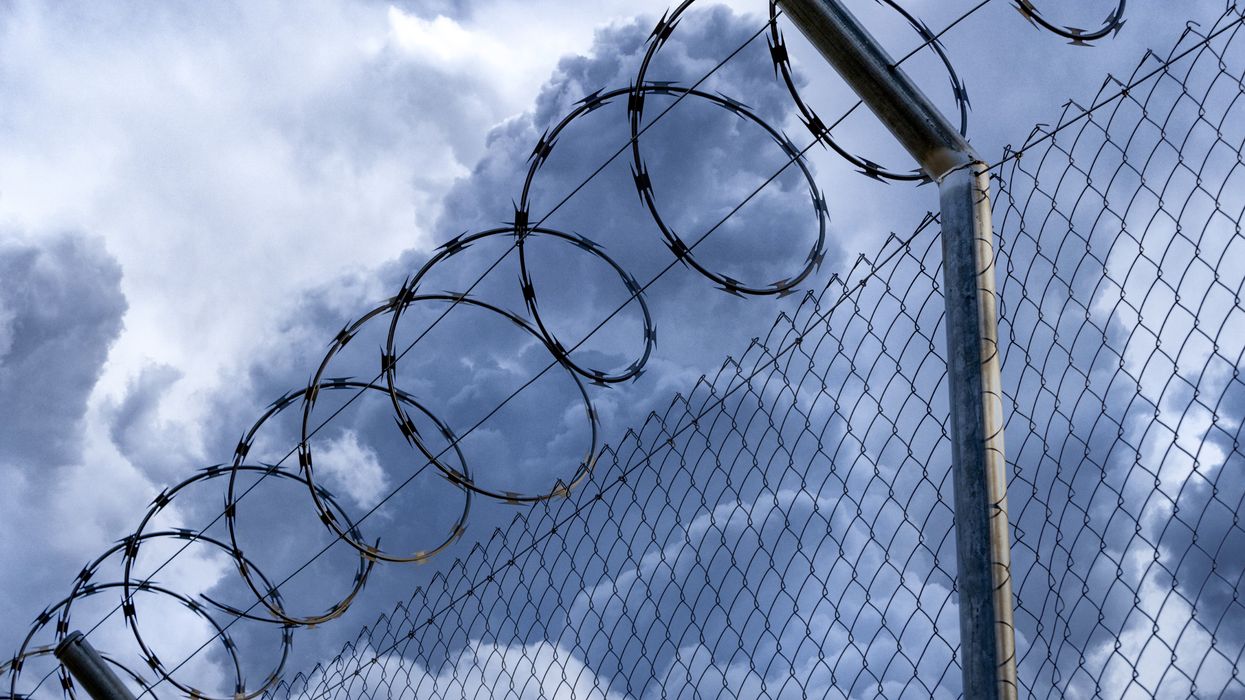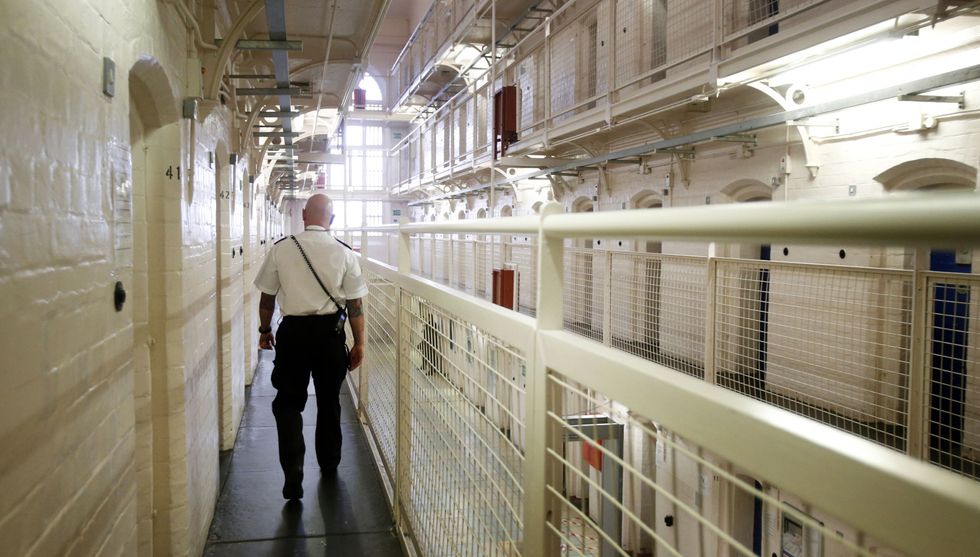Britain's prison SHAMBLES laid bare: Warning issued over early releases as shock stats show how close jails came to running out of space

The prison population stood at 88,234 on Friday, while the useable operational capacity of prisons is 89,041
|GETTY
Magistrates were told to delay jailing criminals on Friday, as the number of people in prison hit a new weekly high
Don't Miss
Most Read
Keir Starmer has vowed to build more prisons as he was questioned on the current capacity crisis in UK jails.
The prison population stood at 88,234 on Friday, the highest end of week number since weekly data was first published in 2011.
The latest data, published on February 23, 2024, on the useable operational capacity of prisons is 89,041.
There were just 100 spaces left in men’s prisons in England and Wales yesterday.
In an analysis of the latest data, GB News found that in the first quarter of this year, the net increase in the number of people in custody was 5,055. This equates to the prison population rising by 55.5 people per day.
At the 100 capacity rate - prisons in the UK would have run out of space in just two days.
As a result, last week, magistrates were told to delay jailing criminals as the number of people in prison hit a new weekly high.
Subsequently, the Ministry of Justice said the immediate pressure on spaces has “eased significantly”.
The system, already suffering from an overcrowding crisis, usually faces greater pressure following a bank holiday weekend, which eases once courts reopen.

In the first quarter of this year, the net increase in the number of people in custody was 5,055
|PA
Between January and March, 18,344 offenders were received into custody as first receptions (of which 12,389 were remand first receptions, 5,827 were sentenced first receptions and 128 were civil non-criminal first receptions).
This was a rise of seven per cent compared to the same period in 2023.
In the first quarter of this year, 13,289 offenders were released from custody – a number which is 12 per cent higher than the same period in 2023.
The same data shows, as of June 30, 2024, there were 87,726 prisoners in England and Wales – representing a rise of two per cent compared to the same period in 2023.
Last month, Justice Secretary Shabana Mahmood announced plans to cut the proportion of the sentence inmates must serve behind bars from 50% to 40%, as the MoJ said violence and self-harm in prisons had risen to “unacceptable” levels as overcrowding pushed jails to the “point of collapse”.
The temporary move – which does not apply to those convicted of sex offences, terrorism, domestic abuse or some violent offences – is expected to result in 5,500 offenders being released in September and October.
Speaking on GB News today, social campaigner Winston Davis said he was "tired" of going over the problem of a shortage of prison spaces.
"We've been saying this now for a number of years. This is not a new problem," he said. "It's been created through years and years of governments not taking action.
"Now, we're at the position where something has to be done to alleviate the problem. There simply aren't enough prison spaces."
He added: "Four years ago, the government was told that they were going to run out of prison spaces in 2022 or 2023. We're at 2024.
"The only surprising thing is that we're having this conversation today in August 2024."
MORE FROM GBN MEMBERSHIP:
GB News presenter Martin Daubney discussed reports of how "most" offenders are being given suspended sentences, and often prisoners only need to serve 40 per cent of their sentence in prison.
"It's hardly a short, sharp, sharp shock, is it," he asked.
Davis issued a warning over the early release of criminals: "People, knowing that they're going to get shorter sentences, knowing they're going to be out on the streets earlier, they know that there's less chance of them going to prison - 100 per cent.
"It's likely that we're going to see either an upturn in crime or even the conditions in prison be even worse, so that the re-offending rates [which are] so high, may increase further."










